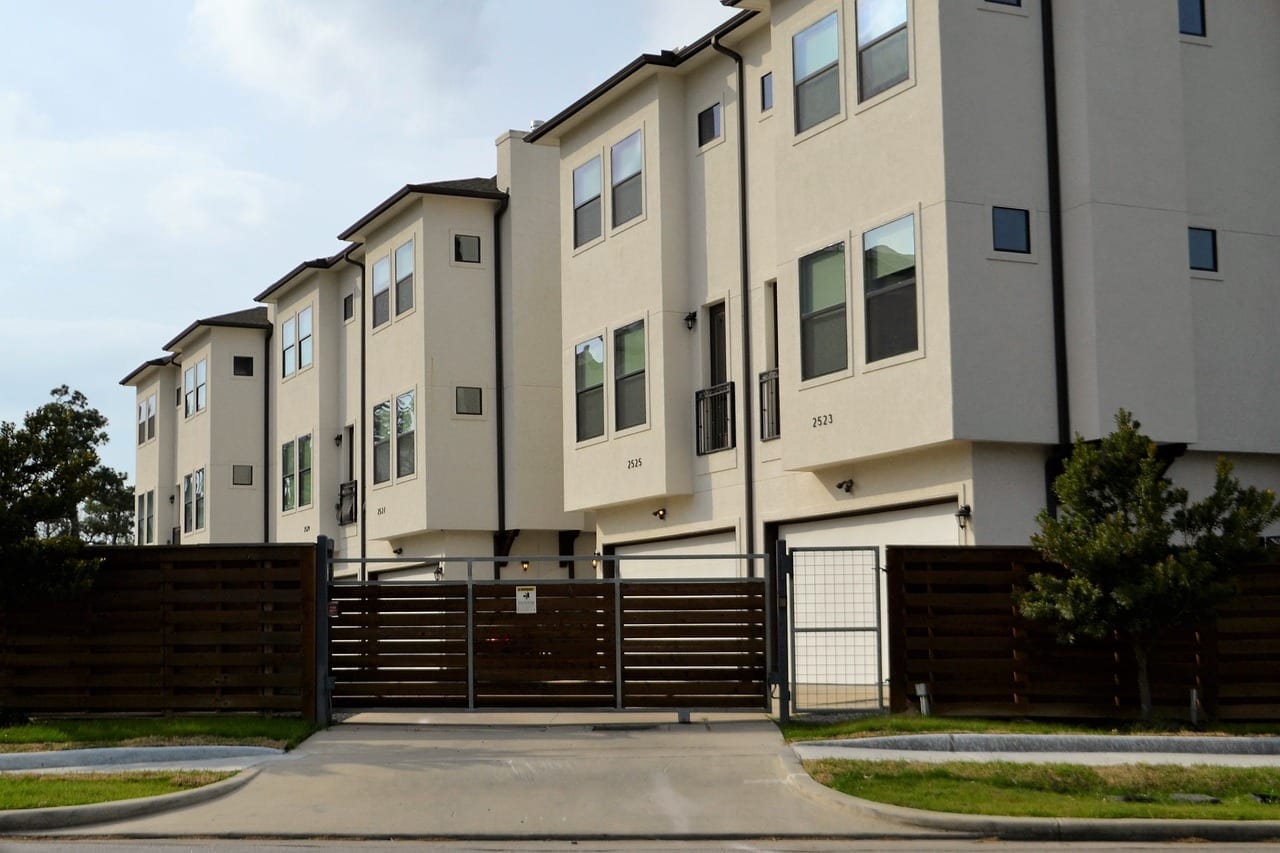Real estate investment offers great returns on investment as the UK real estate is one of the most stable markets in the world. Investing in real estate rentals offers some of the most lucrative opportunities for earning profits through renting. While some investors/landlords acquire multiple properties to become professional landlords, with a wide range of property portfolio, others are ‘accidental landlords’, who may let their property for a period of time or when a property becomes available to hold as an investment due to inheritance.
Overall, investing in real estate rentals is becoming increasingly popular and the right steps towards renting may result in highly successful rental ventures.
Things to consider for investing in real estate rentals:
Difference between buying an investment property and buying a home
The criteria for buying a home for investment or rental purposes is quite different from that for own living purposes. For example, while a property bought for living purposes for the long-term owner-occupier is equipped based on the investor’s personal choice, an investment property may involve the basic facilities and amenities that are required by tenants as tenants are not much interested in the maintenance of the property. Investing in real estate rentals should be treated as an unemotional business decision since the purpose of such investment is to earn cash flow, instead of maintaining the property according to one’s choice.
Finding the best locations for investing in real estate rentals
In order to raise the potential for rental income, the location of the property is crucial. Investors should engage in due diligence in order to determine the best location in an area that is high on rental demand. Accessing locations that are most popular with renters, holds the key to successful investing in real estate rentals. Contacting the local estate agents is pivotal for making the right decision as they know the locations which rank high on demand and the reasons behind that. The local estate agents know the market well and are able to advise investors on locations which promise potentially high returns on investment. Usually, tenants are attracted to a location which is commercial in nature, offers high levels of employment opportunities and provide good commuting facilities to those residing in the area. Apart from this, it is necessary to be aware of the latest trends in the local real estate market in order to make the appropriate real estate investment decision. For example, if a big company is about to move in to a location or any other major infrastructure development is to take place in an area, then there may be a number of potential tenants in the area.
Choosing the right property for investing in real estate rentals
In this case also, the role of local estate agents is important as they know the types of properties that are rented the most. They may be single-family or multifamily houses or apartments. One way for investing in real estate rentals is to find the types of properties which are short in supply. Another way for investing in real estate rentals is to buy a property which is already occupied by a tenant. This is one of the best options for investing in real estate rentals as the new buyer or investor does not have to search for tenants after buying the property. In case the buyer has accessed a mortgage to complete the purchase, buying a tenant-occupied property means cash flow from the first month, ensuring an immediate income towards the repayment of the mortgage.
Rental income
Investors should carefully calculate the various expenses that come with investing in real estate rentals. They should consider the three per cent stamp duty and work out the tax obligations. These figures are part of the overall expenses towards the purchase of a rental property, and should be figured in the calculations for setting the rent – the purpose of investing in real estate rentals. The net rental profit is the total rental income minus the expenses associated with operating the tenancy, taxes and other maintenance tasks.
Property value change
Investors should consider the value of property and the trend of property prices in an area. The price of property usually changes a little over short durations of time, therefore, potential investors should be clear on how long they want to hold the property. Since the goal for investing in real estate rentals may include capital growth, real estate usually pays over longer durations of time. Since real estate depreciates as well, potential real estate investors should consider the various factors – internal to the local real estate as well as others – that may potentially affect capital appreciation in an area.
Void periods
As an investor, one should consider all the aspects of investing in real estate rentals. These include vacant periods at the property or periods when there are no tenants at the property and it lies vacant. This should be figured in calculating rental yields which is important in deciding the affordability for investment. Potential investor should be aware that however popular a location may be in terms of rental demand, there may be times when there are no tenants at the property as sometimes it may take longer than expected to find a tenant and, as a result, the rental figure may be less than anticipated. These void periods between tenancies may reduce the return on investment and put pressure on the cash flow, potentially affecting other financial aspects which may be based on the rental income.
Legal obligations
Investing in real estate rentals is not simply about buying a property and renting it out to tenants to earn rental income. Rental real estate investment comes with certain responsibilities for the investor which include meeting the tax liabilities, providing the required facilities to tenants and maintaining the property to accepted standards under the law, etc.
Choosing the agent
It is necessary to pick the right letting agent as it is likely to be a long-term relationship. An effective and professional letting agent can be an invaluable asset and will be especially helpful to new landlords as they try to find their way into the market. An efficient professional may deal with everything related to the tenancy such as finding the tenant, taking up references, creating the inventory, dealing with deposits, complying with the legislation, handling maintenance issues and looking after the property.






